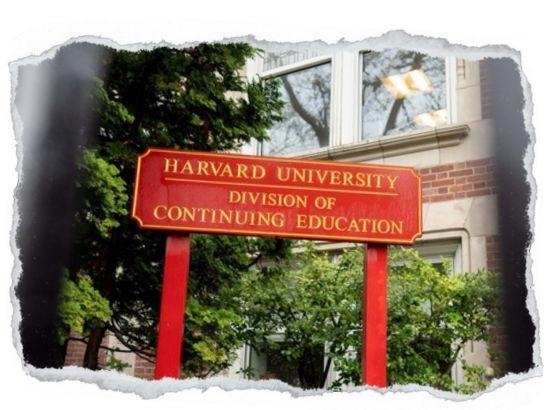
The Trump administration has taken a firm stance against Harvard University. On Monday, it blocked all new federal research grants to the school. Officials say the university must meet government demands before receiving any new funds.
Previously, the administration froze $2.2 billion in federal funding. President Trump has also threatened to remove Harvard’s tax-exempt status. These moves are part of a broader effort to push elite universities toward stricter standards.
During a press call, an Education Department official explained the decision. Harvard, they said, must prove it manages itself responsibly. It must also meet federal requirements across several key areas.
Importantly, this freeze affects only research grants. Federal student aid for tuition remains unchanged.
To unlock new funding, Harvard must negotiate with the government. Officials want the university to show it has made real changes. These include:
Overhauling leadership and governance
Revising admissions practices
Auditing faculty and students for viewpoint diversity
Ensuring a wide range of opinions are welcome on campus
The administration believes these steps will restore balance and accountability in higher education.
Harvard is not alone. The Trump administration has taken similar actions against Columbia, the University of Pennsylvania, and Cornell. These universities now face intense scrutiny and pressure to align with federal expectations.
According to the White House, antisemitism on campus is a growing concern. This includes reactions to recent pro-Palestinian protests. Officials are also targeting policies around transgender athletes in women’s sports. Additionally, they criticize universities for overemphasizing diversity and inclusion at the expense of academic freedom.
In a direct letter to Harvard’s president, Education Secretary Linda McMahon delivered sharp criticism. She accused the university of admitting foreign students hostile to the U.S. She also said Harvard has harmed the reputation of American education.
“Harvard University has made a mockery of this country’s higher education system,” McMahon stated.
Despite mounting pressure, Harvard is standing firm. Its president has refused to give in to political demands. In April, the university filed a lawsuit. It argues that the funding freeze is unconstitutional and retaliatory.
This conflict shows no sign of ending soon. Both sides remain committed to their positions. Meanwhile, the future of federal support for elite universities hangs in the balance.